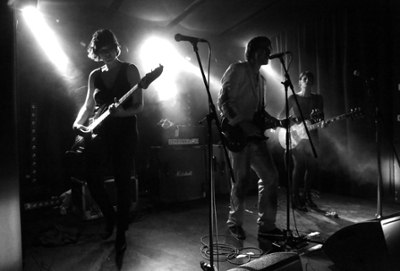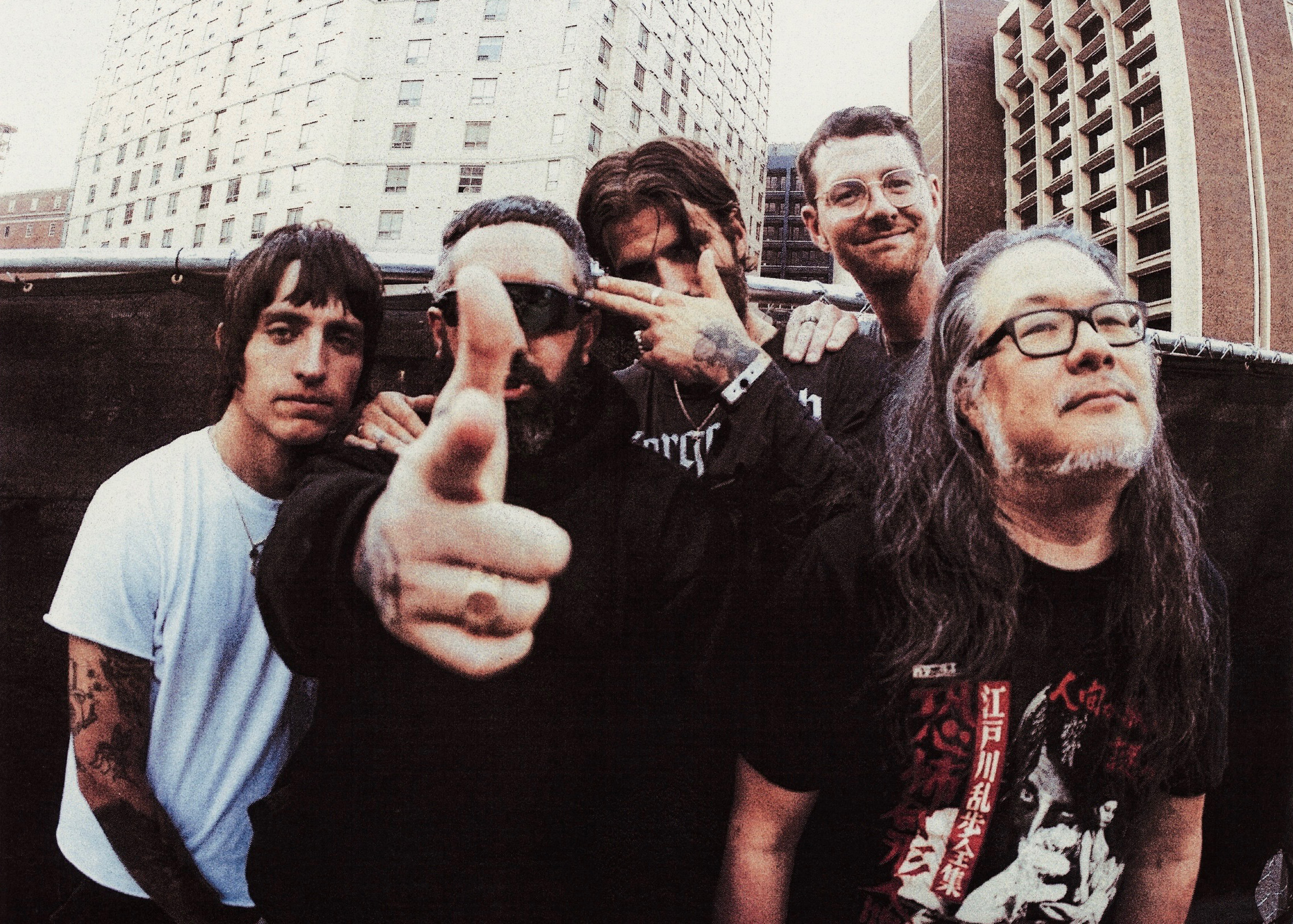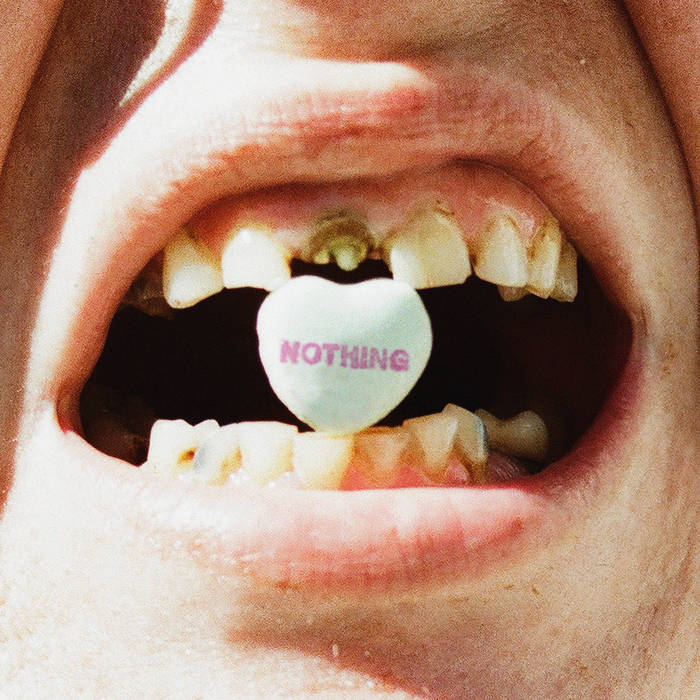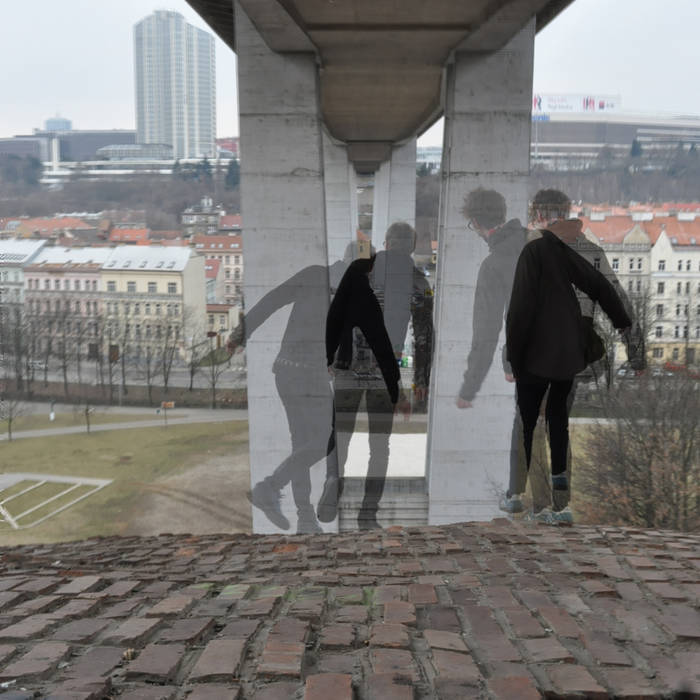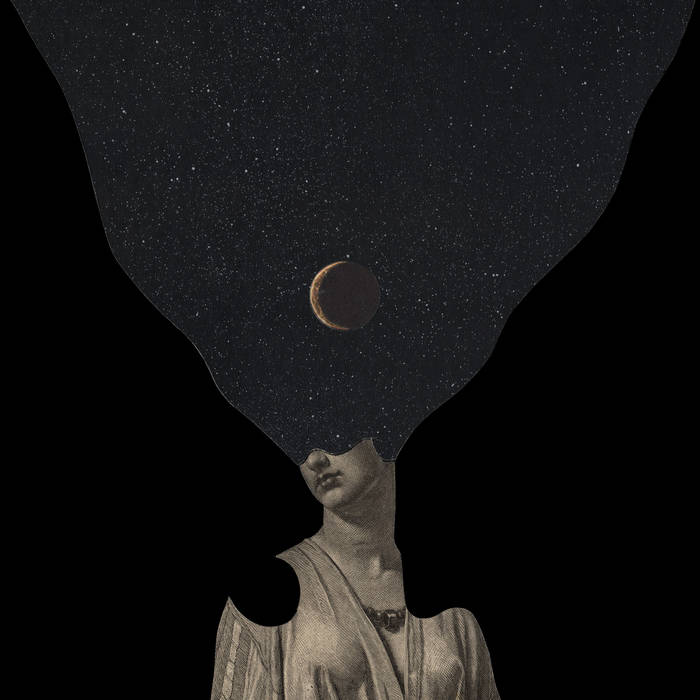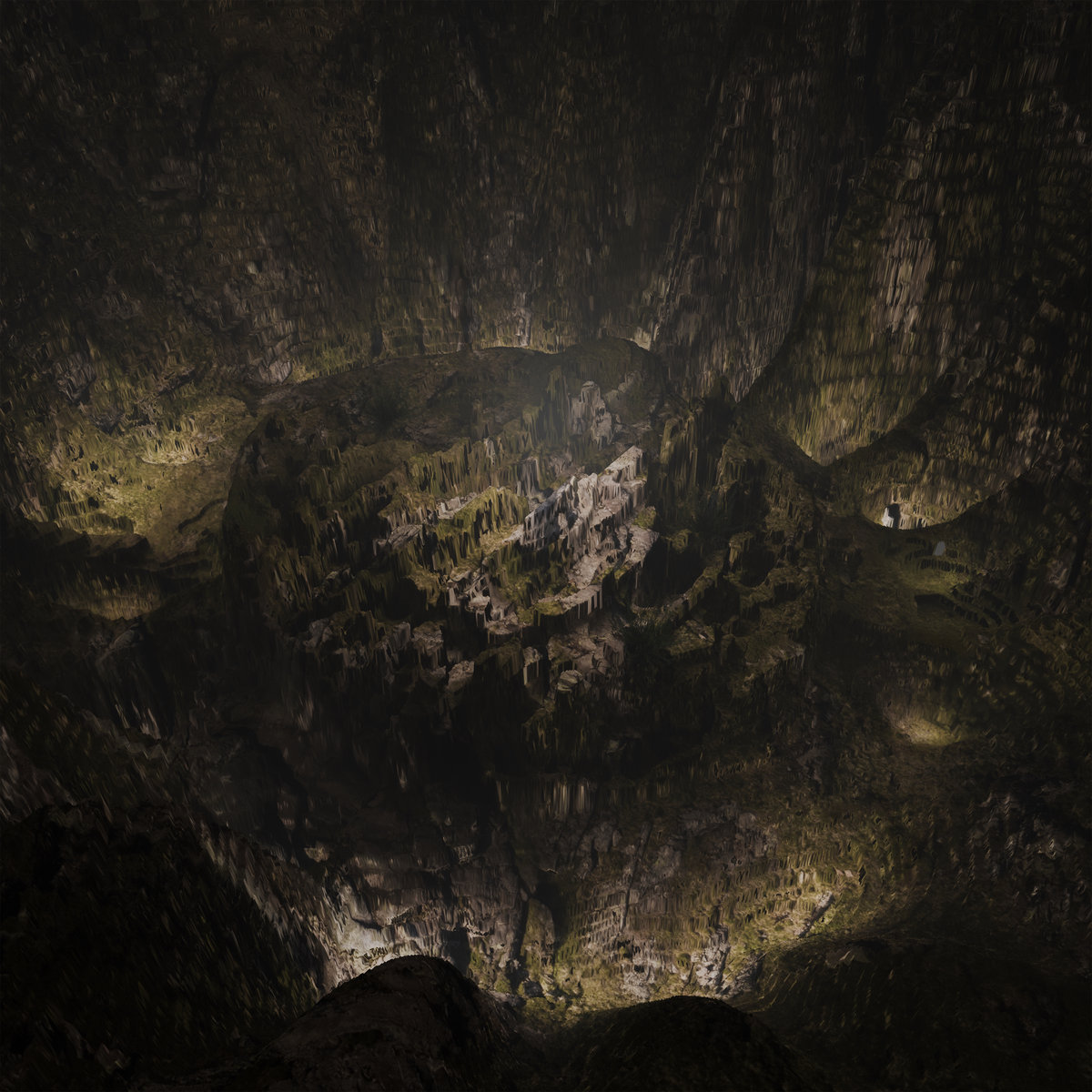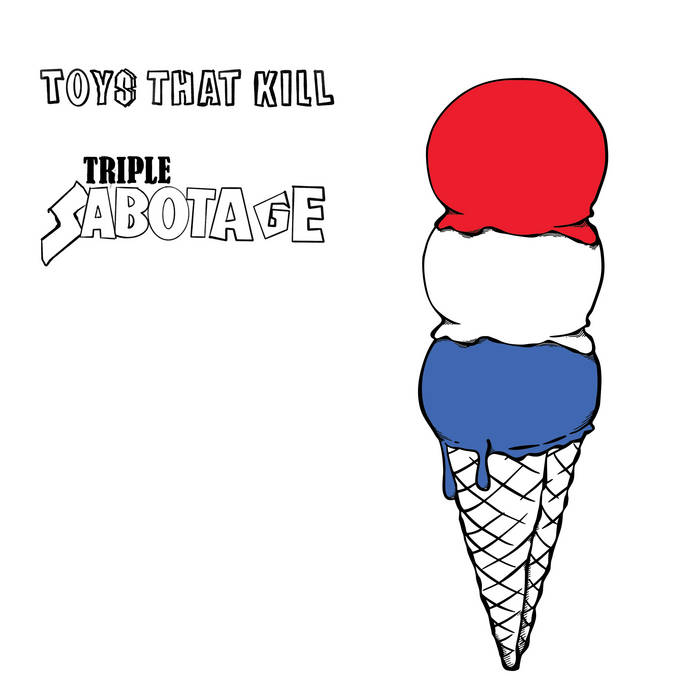In modern digital communication, whenever two parties are actually verbally talking to each other, be it via telephone or other devices, the service provider always feeds technically unnecessary signals into the line. Because if there suddenly was an absolute silence as soon as both participants of the call are just pausing in the same moment, it would feel as if the connection broke off. The soft comfort noise in the background however assures us that someone is still out there on the other side. We are not alone.
It is no coincidence that when Madeline Johnston performs live as Midwife, she sings through the microphone of a vintage telephone handset, an ethereal voice from a far away other side of the line. Like a fragile connection to a half-buried precious memory she draws us in and forces us to keep still, so we can make out her every word. Admittedly, there are much harder tasks out there than to follow her lyrics, yet given how minimalist and quiet the American singer-songwriter’s music is, the amount of layers shrouding her voice in a haze is still remarkable.
The washed-out reverb, ambient sounds of equipment and almost only subconcsciously perceptiple soft static could be marginalia in other, louder productions. But in context with Johnston’s lone slow Shoegaze guitar, her breathy vocals, the occasional soft and simple electronic beat and mostly very subtle textures of additional six-string and lap steel guitar contributions by guest musicians, the comfort noise becomes a deliberately important element on eye level with the actual music.
When confronted with a dreamy Americana sound like this it’s a low hanging fruit and actually feels a little bit cheap to bring up Julie Cruise and other artists who graced the stage of the Roadhouse in Twin Peaks. But with her commitment to whispered Rock’n’Roll Midwife makes it almost unavoidable, especially since she employs a similar cognitive dissonance: Isn’t it odd that all those rebellious youths and rockers spend their supposedly wild weekend nights in this fictional bar being mesmerized and hypnotically sedated by sad and eery otherworldy sounds like that?
Midwife seems misplaced in the same way. Hatched within a heavy music scene very unlike her own actual sound, yet still explicitly calling her style Heaven Metal. “If Rock’n’Roll’s a dream, please don’t wake me” is the very first line sung on “Rock N Roll Never Forgets”, the opener of No Depression In Heaven. Songs about Rock which don’t actually rock themselves usually can easily be a source of cringe, but Midwife goes so far with the musical contrast - and also keeps the tone suspenseful and brooding enough - that the intention cannot be missed.
You should of course feel free to adjust all subtext interpretations to your individual liking here, but in my perception the whole album actually works as an unveiling of the sensitive vulnerable core which lies beyond the facade of Rock (as a culture and also as a metaphor pointing beyond itself), a world in which - just as one of many examples - not too long ago you often already felt like an outcast on the defense if you weren’t partaking in its excessive drinking cult, even though exactly that has killed so many fans and artists alike over the decades. Drug addiction, anxieties, disorders, depression… Despite their obvious existence these issues have all been downplayed or even denied in their seriousness for a long time. There is No Depression in Heaven!
Of course there isn’t, because preaching awareness is an uncool Mom move, it is like pooping on the perpetual party. Luckily we have actually moved beyond that. Or at least we’re trying. And if it’s just by acknowledging that behind the brute noise in which many artists are immuring themselves there actually is a real person and all the beauty and flaws, strengths and weaknesses that come with that.
Where they use noise as a shield, a weapon or a means of screaming catharsis, Midwife’s silent noise rather is a stream, which carefully carries us. (And while we’re already in Lynch’s cosmos, let’s think of the role of static in his show: Didn’t the beings from the Black Lodge travel through speakingbackwards El-ec-tri-ci-ty like it was the road from one world into the other?)
Johnston’s path of static mirrors her actual personal existence on tour, as she reflects on life on the road - even dedicating the song “Vanessa” to her broken van - and tells stories from showplaces she passes along the highway. And it also leads you through her album, maybe as a melancholic spectator watching the scenes pass through the window as if it was a movie screen, or until you arrive at that one song which speaks to your particular unspoken reminiscence, pain or longing the most and tells you right there that you are allowed to reach out to the other side. Even if this may not be exactly your story, you will still find comfort here. You are not alone!


